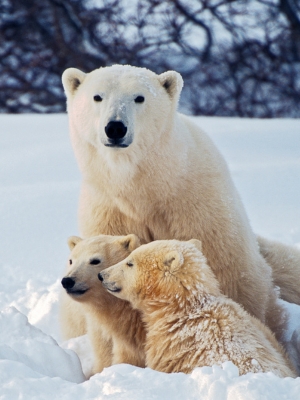A few days ago, the global news outlet, The Sun, published an instructional article for anyone interested in buying a pet monkey. The article outlines apparent financial costs, along with the states in which a person can legally own a monkey, plus the journalist’s take on care requirements. With the potential to reach hundreds of thousands of readers, it is perhaps one of the most irresponsible and ill-informed pieces of journalism I have seen on this issue in the almost two decades I have worked in this field.
To repeat the advice provided in the article would be to give it credence, which we will not do here, but suffice to say, it was not written from a position of knowledge and experience.
Having rehomed a painfully thin, anemic, and chronically stressed little monkey from this cruel trade just last week, as well as having cared for other victims of this trade for decades, our sanctuary team knows the true cost of a pet monkey, and those costs are borne for a lifetime by the monkeys themselves.
1. A life of loneliness: Monkeys are sentient, emotionally complex, social animals who have long weaning periods and would naturally live in multi-generational, multi-familial troops made up of dozens, and sometimes hundreds, of individuals. Pet monkeys live lonely lives in cages, often never seeing another monkey from the moment they are torn from their mothers at just a few weeks old.
2. A life of stress: Kiki, a vervet monkey who arrived at our sanctuary last week, is suffering from chronic stress. This is extremely common in monkeys kept as pets and can result in long-term physical and emotional consequences. Charlie, a monkey who we rescued from the pet trade in 2019, passed away suddenly at just seven years old. His necropsy showed us that the reason for his death was the cumulation of years of extreme stress due to his unnatural and solitary life as a pet.
Many pet monkeys demonstrate signs of stress in what are known as stereotypic behaviors. These are functionless, repetitive behaviors that might include obsessive pacing, overgrooming, or even self-harm. A baboon who lives at our sanctuary, Betsy, had part of her hand amputated after she chewed off one of her own fingers. She later had part of her tail amputated for the same reason.
3. A life of ill-health: Few vets have experience of caring for primates and few people have enough knowledge of them to even recognize when they are sick. Kiki arrived to us very underweight and with anemia. Other monkeys develop diabetes as a direct result of the poor diet that they are fed by their “owners.” Many monkeys never see a vet and many more die premature deaths, as health issues are unnoticed or ignored.
4. A life without a happy ending: Monkeys bred for the pet trade in the United States have no chance to later be rehabilitated and released to the wild. They will spend their entire lives in captivity – a situation that goes against all their natural instincts and denies them many of their needs as wild animals. Even the luckier ones who are rehomed to sanctuaries like ours will live a limited life, carrying with them the trauma of their past. We aim to provide the best possible life for the monkeys under our care, but we know that even the largest of enclosures, the best efforts to provide them with stimulation, friendship, and the best husbandry and veterinary care is still far less than the life they deserve.
The only way in which to ensure healthy and happy monkeys is to protect them in their natural habitats and to ban the cruel trade in primates as pets. Thankfully, and despite irresponsible articles such as that in The Sun, the UK has confirmed in recent weeks its plan to ban most private ownership of primates and, here in the U.S., the Captive Primate Safety Act has been introduced in both the House and the Senate. If successful, the bill will ban private ownership of primates, as well as public interaction with primates in zoos and other public places.
The cost of a pet monkey? Financially expensive to the owner, and utterly devastating to the monkey. Please never buy a primate as a pet and support our work to end this cruel trade for good.
Keep Wildlife in the Wild,
Liz

 Dear Reader,
Dear Reader,